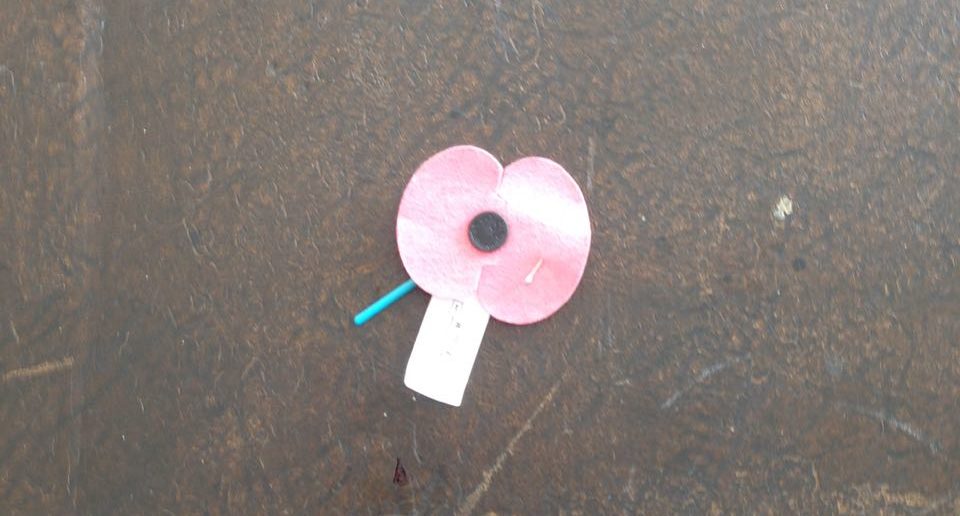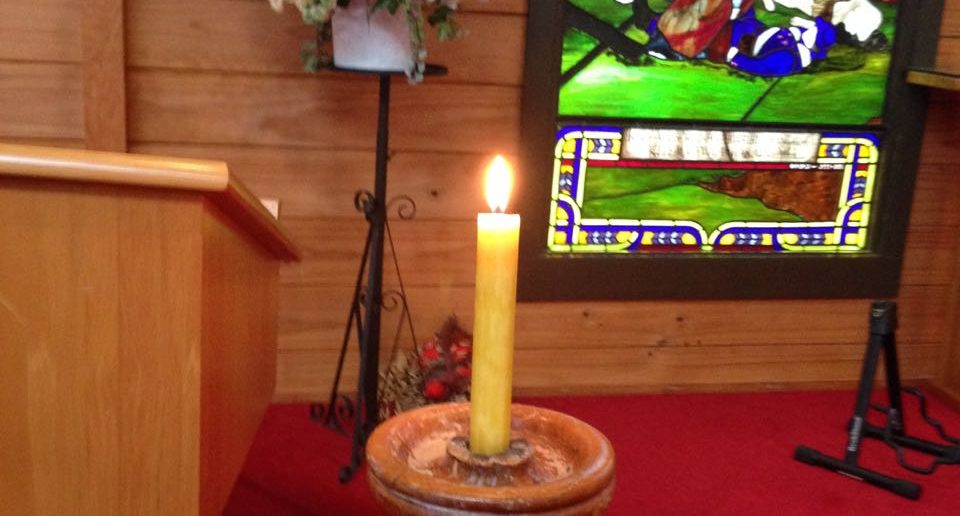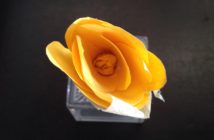History. It’s not written by the dead. It’s usually not written by the children. It’s usually not written by the women.
 ANZAC Day Morning 2020 – the Covid ANZAC Day
ANZAC Day Morning 2020 – the Covid ANZAC Day
We’re standing in the garden among the flowers, under the Pohutukawa buzzing with warm summer bees. I feel my throat close and the tears start to bang against my eyes as she talks about her Aunt. Not her Aunt now but her Aunt then. When she was a little girl, a tiny little girl of five or six or seven in a war ravaged Germany. A little girl being sent out by the Mother, my friend’s Grandmother, with a cabbage. With a cabbage to sell.
It was apparently an offence during the war to do this but, the family needed to survive so this tiny little girl was sent out to sell the cabbage. I assume she was the oldest child not the most disposable child. She had to travel a long way so she could sell the cabbage. And at the railway station, soldiers intercepted her with her cabbage.
,I can’t remember how she got away from the soldiers but she did. And she and her cabbage managed to get back home.
Her Mother listened to the story. Then she changed the little girl’s dress and sent her back out in a different frock, so the soldiers wouldn’t recognise her, to sell the cabbage. A little German girl with a cabbage.
Ever since I heard this story I keep wondering not how could the Mother have done that because I’ve seen first hand the desperation of want. But, how could that little girl go back. How could she be brave enough to pick up that cabbage and go back outside.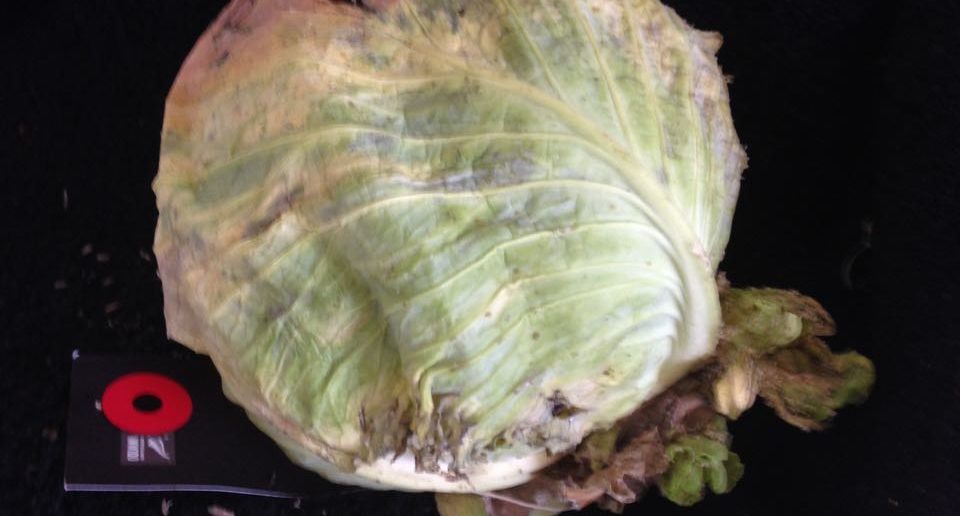 “….give my children a heart of courage….”
“….give my children a heart of courage….”
When my father’s bomber hit the ground of coastal Europe he avoided incineration – the only crew member to escape the grasping hand of Death. An imminent second attempt by Death then awaited him at the hands of rural villagers.
I’ve always found it difficult to comprehend that I am only here because of the serendipitous arrival of a nineteen year old member of the enemy army. Someone who would intervene to avert Death’s second attempt. Insisting that the surviving bringer of havoc, death and destruction to them, be treated as a prisoner of war. To insist that he be handed over to the Luftwaffe not speared and stabbed with pitchforks.
I’m making the bed as warm ANZAC autumn sunlight streams through the window. I remember Taratoa’s Code of Conduct and that ethics and values are able to be maintained by some human beings in the most extreme circumstances. It’s not culturally or ethnically specific. Heni Te Kiri Karamu (Jane Foley) the water bringer of Pukehinahina legend. The ordinary German people who opposed the Nazi regime. And, for whatever reason the nineteen year old Wehrmacht soldier, Heinrich Dirks, who believed in a Code and saved the life of an enemy.
Not much later vengeful Death, with no respect for codes, values and bravery, claimed Dirks while he was a long way from his home fighting and dying on “the Russian Front”. I try to remember what I was like at nineteen. Just out of school. Just started working. Interested in clothes, style, my part-time Uni studies, the next song. Whether I should wear my green or my purple suede shoes.
No one honoured the bravery of the little girl with a cabbage. Despite her bravery, she wasn’t given a piece of metal and a ribbon. I don’t remember reading the story of a tiny German girl and her cabbage in any of the books on war or ANZAC Day I’ve ever read. I doubt you’ll find her name or what she did in any book or record.
I doubt Heinrich Dirks got any ribbon or piece of metal to acknowledge his values and his brave act. But, you can read about his intervention as a nineteen year old Wehrmacht soldier, because it was recorded by the young Englishman he saved.
The bravery of the ordinary is remembered not in metal, ribbons and printed histories of victory, but in the stories told within families. Stories told to children. Stories told to neighbours. The stories of the little girl and the cabbage and Heinrich Dirks have become my stories. A history not written by the “victors” but a history written by the participants.
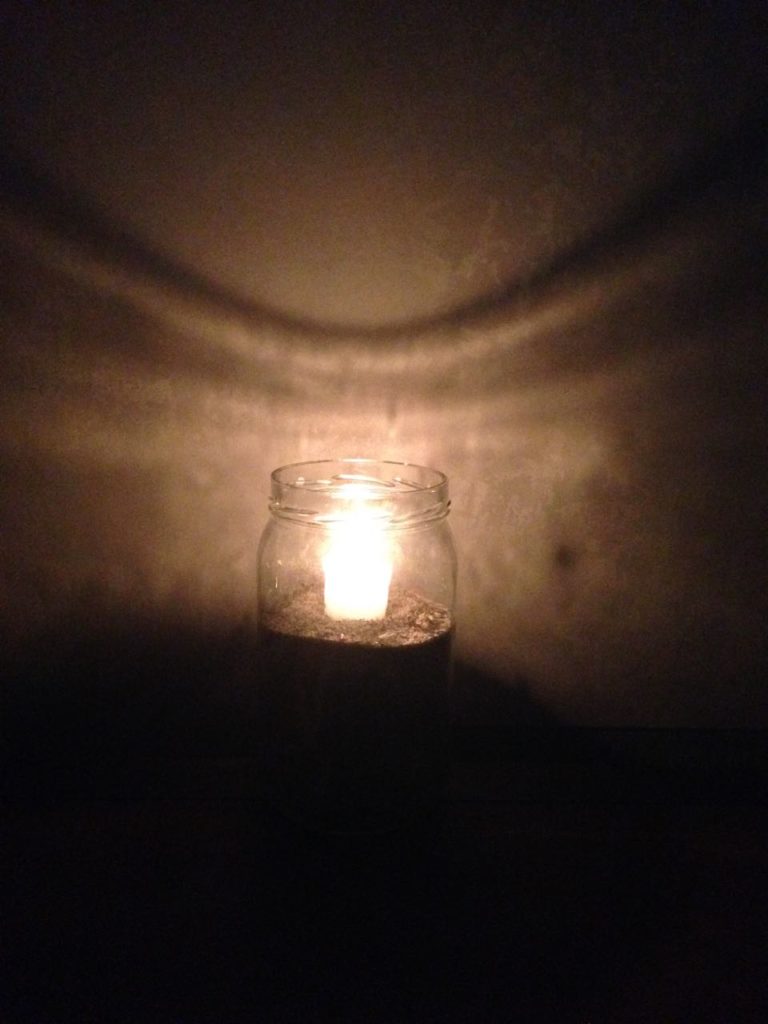 E kore wareware te ingoa ki a ratou e ngkau ana A name is never forgotten by those it matters to
E kore wareware te ingoa ki a ratou e ngkau ana A name is never forgotten by those it matters to
 Rosemary Balu. Rosemary Balu is the founding and current Managing Editor of ARTbop. She purchases her power from Trustpower and is a beneficiary of the Tauranga Energy Consumer Trust. Rosemary has arts and law degrees from the University of Auckland. She has been a working lawyer and has participated in a wide variety of community activities where information gathering, submission writing, community advocacy and education have been involved. Interested in all forms of the arts since childhood Rosemary is focused on further developing and expanding multi-media ARTbop as the magazine for all the creative arts in the Bay of Plenty, New Zealand.
Rosemary Balu. Rosemary Balu is the founding and current Managing Editor of ARTbop. She purchases her power from Trustpower and is a beneficiary of the Tauranga Energy Consumer Trust. Rosemary has arts and law degrees from the University of Auckland. She has been a working lawyer and has participated in a wide variety of community activities where information gathering, submission writing, community advocacy and education have been involved. Interested in all forms of the arts since childhood Rosemary is focused on further developing and expanding multi-media ARTbop as the magazine for all the creative arts in the Bay of Plenty, New Zealand.
ARTbop
 Tauranga Art Gallery – just one of the current exhibitions
Tauranga Art Gallery – just one of the current exhibitions The Rialto Cinema Tauranga – ticket special and regular viewing venue of ARTbop’s film reviewer Nick Scott
The Rialto Cinema Tauranga – ticket special and regular viewing venue of ARTbop’s film reviewer Nick Scott

Whakamarama and the Puketoki Rserve
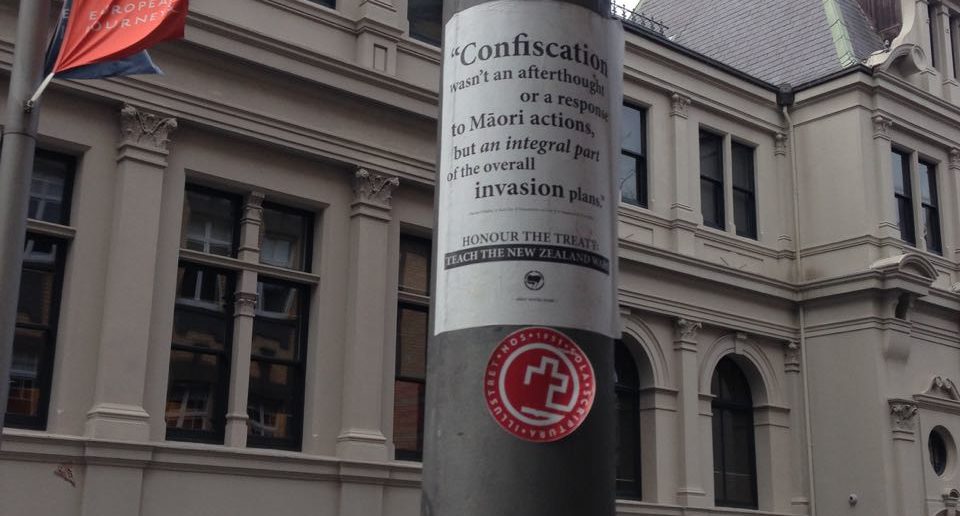 Amazing Auckland
Amazing Auckland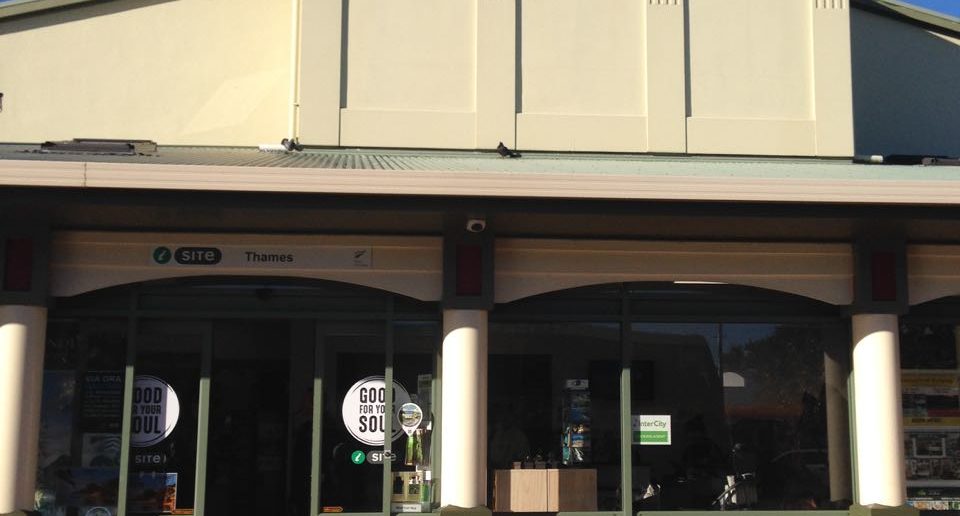 Coromandel, Thames isite
Coromandel, Thames isite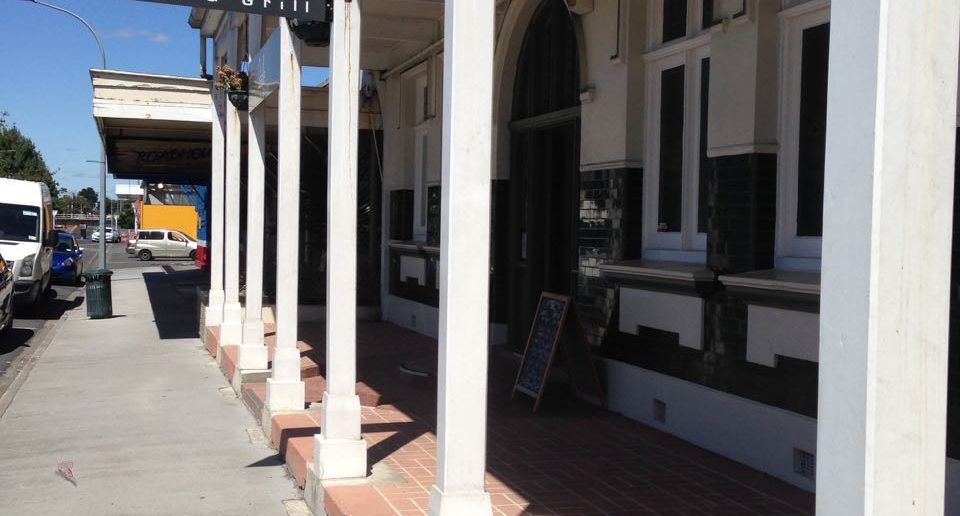 Waikato provincial town – Morrinsville
Waikato provincial town – Morrinsville  The People’s Gallery at The Historic Village
The People’s Gallery at The Historic Village The Incubator Gallery
The Incubator Gallery


Clarence Boutique Hotel, Bistro and Iki Bar in the Old Post Office, worth a visit if you’re in Tauranga
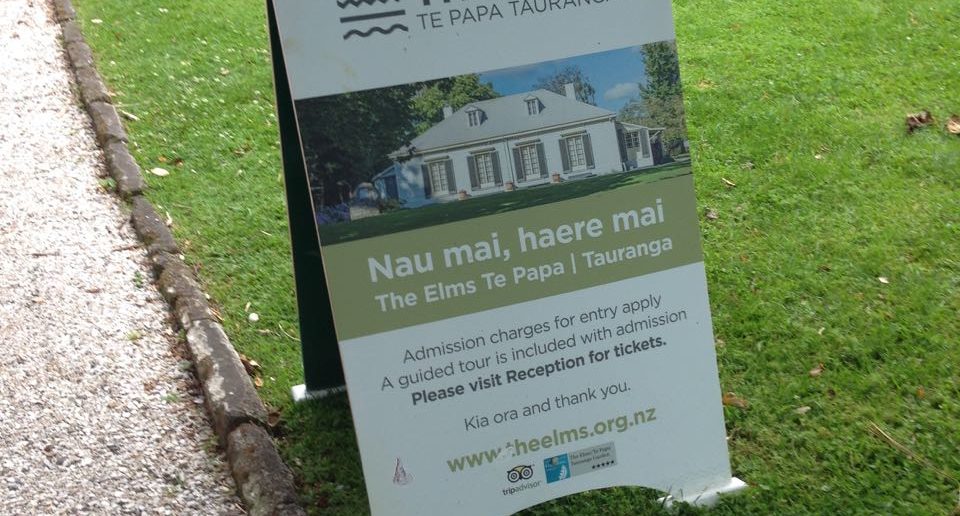
Visit The Elms, post-colonial history
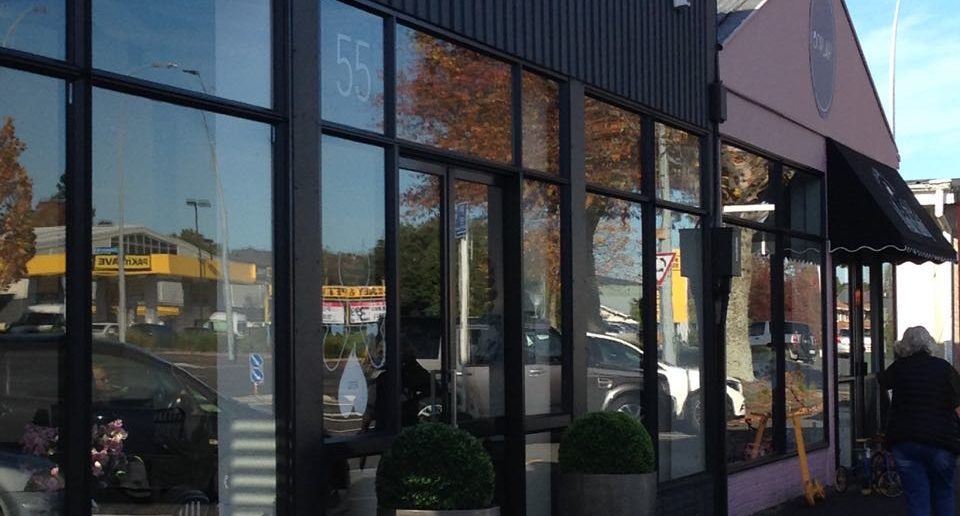
The shops at 9th Avenue Downtown Tauranga
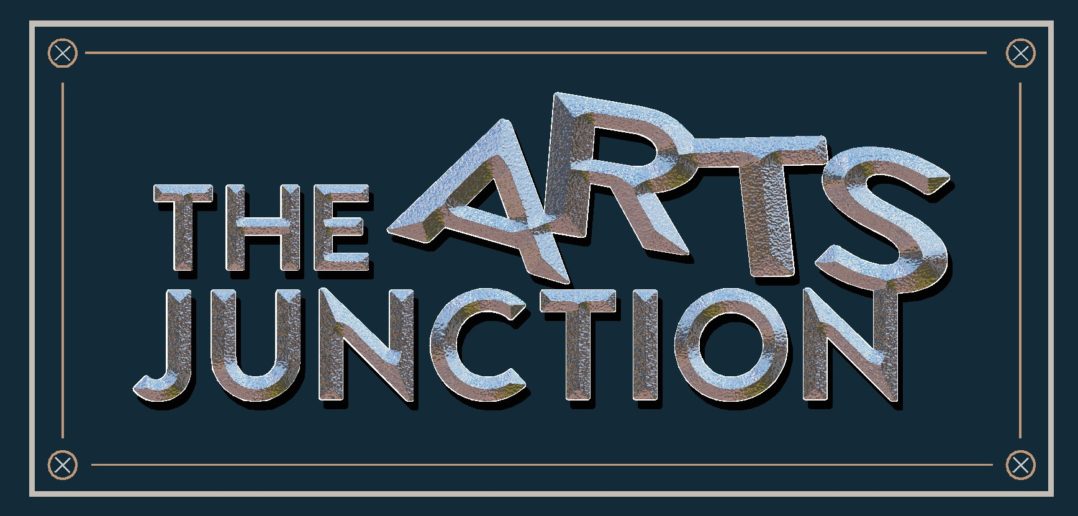
Driving through Katikati check out The Arts Junction

The fabulous little town of Cambridge in the Waikato
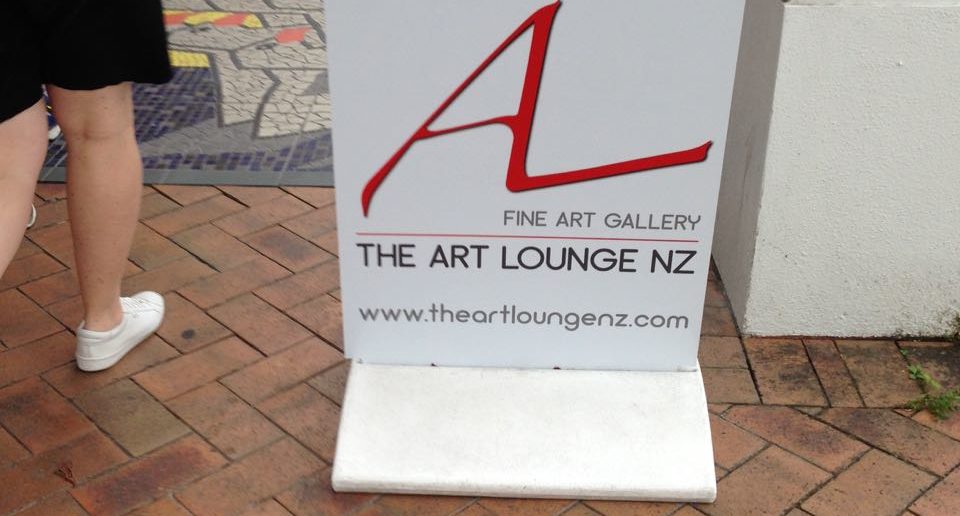
And the galleries in Downtown Tauranga
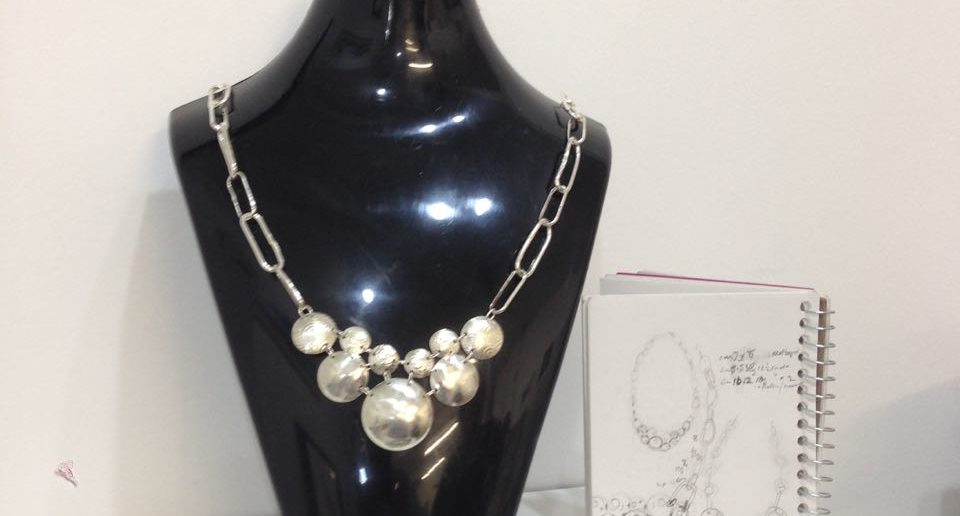
Original artisan jewellery by Barisa
